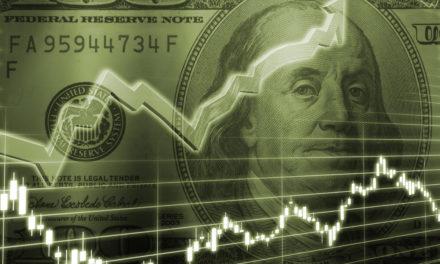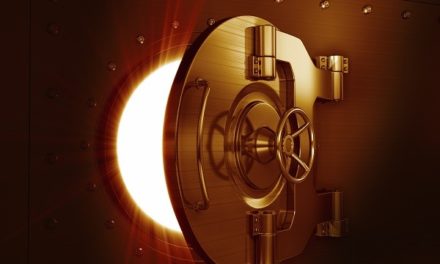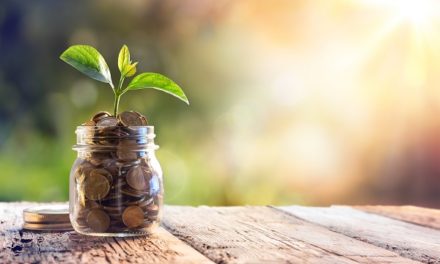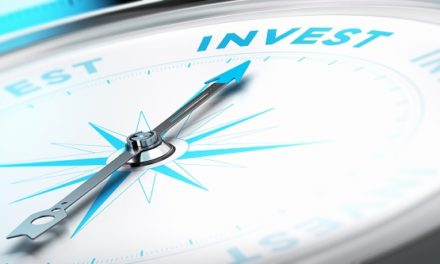
“I buy on the assumption that they could close the market the next day and not reopen it for five years.”
— Warren Buffett
Investors can learn a lot from Warren Buffett, whose above quote teaches the importance of thinking about investment time horizon, and asking ourselves before buying any given stock: can we envision holding onto it for years — even a five year holding period possibly?
Suppose a “buy-and-hold” investor was considering an investment into Baker Hughes Company (NASD: BKR) back in 2020: back then, such an investor may have been pondering this very same question. Had they answered “yes” to a full five year investment time horizon and then actually held for these past 5 years, here’s how that investment would have turned out.
| Start date: | 01/03/2020 |
|
|||
| End date: | 01/02/2025 | ||||
| Start price/share: | $25.64 | ||||
| End price/share: | $41.56 | ||||
| Starting shares: | 390.02 | ||||
| Ending shares: | 452.12 | ||||
| Dividends reinvested/share: | $3.79 | ||||
| Total return: | 87.90% | ||||
| Average annual return: | 13.44% | ||||
| Starting investment: | $10,000.00 | ||||
| Ending investment: | $18,792.35 | ||||
The above analysis shows the five year investment result worked out quite well, with an annualized rate of return of 13.44%. This would have turned a $10K investment made 5 years ago into $18,792.35 today (as of 01/02/2025). On a total return basis, that’s a result of 87.90% (something to think about: how might BKR shares perform over the next 5 years?). [These numbers were computed with the Dividend Channel DRIP Returns Calculator.]
Notice that Baker Hughes Company paid investors a total of $3.79/share in dividends over the 5 holding period, marking a second component of the total return beyond share price change alone. Much like watering a tree, reinvesting dividends can help an investment to grow over time — for the above calculations we assume dividend reinvestment (and for this exercise the closing price on ex-date is used for the reinvestment of a given dividend).
Based upon the most recent annualized dividend rate of .84/share, we calculate that BKR has a current yield of approximately 2.02%. Another interesting datapoint we can examine is ‘yield on cost’ — in other words, we can express the current annualized dividend of .84 against the original $25.64/share purchase price. This works out to a yield on cost of 7.88%.
More investment wisdom to ponder:
“Your success in investing will depend in part on your character and guts and in part on your ability to realize, at the height of ebullience and the depth of despair alike, that this too, shall pass.” — Jack Bogle




